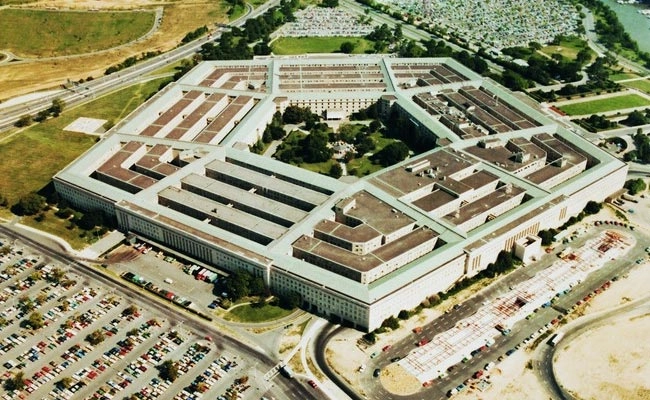A former government official has made a startling claim that the United States has invested an astonishing $21 trillion in constructing a network of secret underground bunkers designed to safeguard the nation’s elite in the event of a catastrophic event. These so-called ‘doomsday’ bunkers are purportedly equipped with state-of-the-art technology and facilities to ensure the survival of high-ranking officials, wealthy individuals, and influential figures during times of crisis. This revelation raises significant questions about priorities in government spending and the lengths to which authorities might go to ensure the safety of a select few.
The idea of underground bunkers is not new, as they have been a part of military and governmental planning for decades, especially during the Cold War. However, the scale and financial commitment detailed by the former official suggest a level of preparedness that goes beyond typical emergency planning. Critics argue that such immense expenditure on elite shelters reflects a troubling disparity in how resources are allocated, particularly when many Americans face pressing issues such as healthcare, education, and infrastructure. The existence of these facilities could imply a lack of confidence in public safety measures and a growing divide between the elite and the general populace.
Moreover, the implications of these claims extend into broader discussions about transparency and accountability within the government. If such vast sums have indeed been funneled into secret projects, it raises concerns about how taxpayer money is being utilized and whether the public has a right to know about these expenditures. The secrecy surrounding these bunkers could foster distrust among citizens, particularly in times of crisis when solidarity and collective action are paramount. As the discourse around emergency preparedness evolves, the existence of elite bunkers could serve as a stark reminder of the inequalities that persist within society and the urgent need for a more equitable approach to national crisis management.




